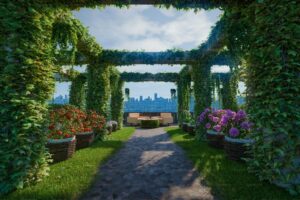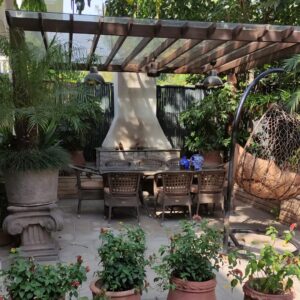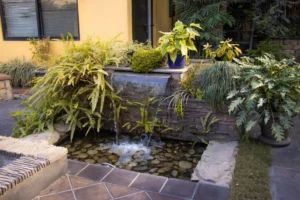
Best Landscaping Contractors in Dubai for Villas and Outdoor Spaces
Best Landscaping Contractors in Dubai for Villas and Outdoor Spaces Discover the ultimate guide to selecting the best landscaping

Best Landscaping Contractors in Dubai for Villas and Outdoor Spaces Discover the ultimate guide to selecting the best landscaping

First impressions are crucial in the business world, and the appearance of your commercial property plays a significant role in

A well-maintained garden is a source of beauty and relaxation, but it requires proper care, especially when it comes to

Hard landscaping plays a pivotal role in transforming outdoor spaces into functional, visually appealing environments. For property developers in the